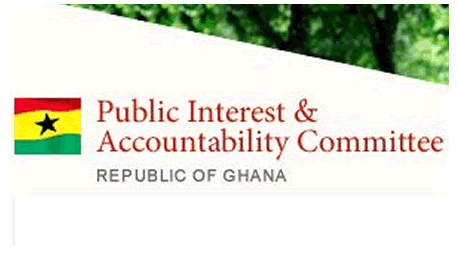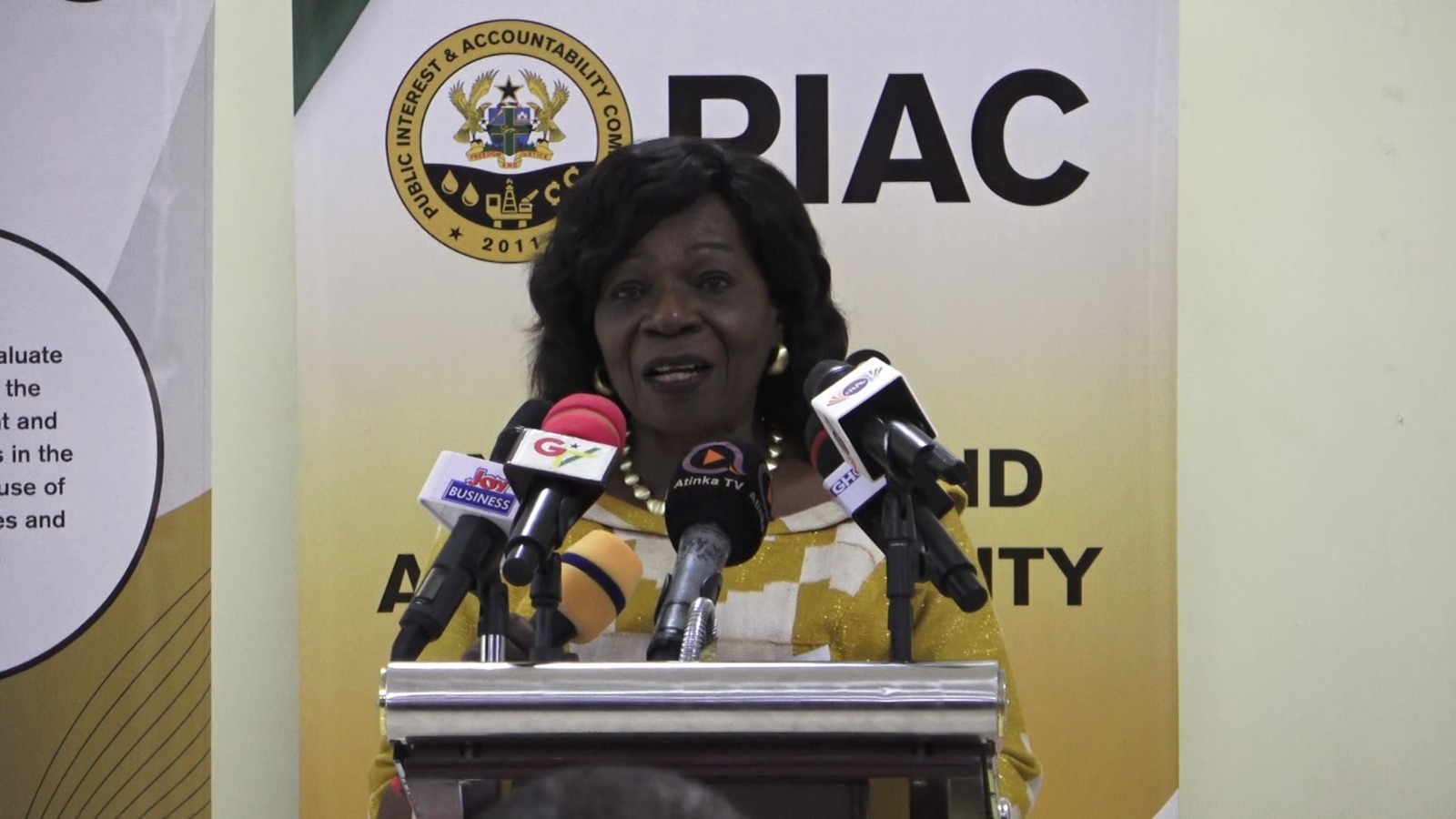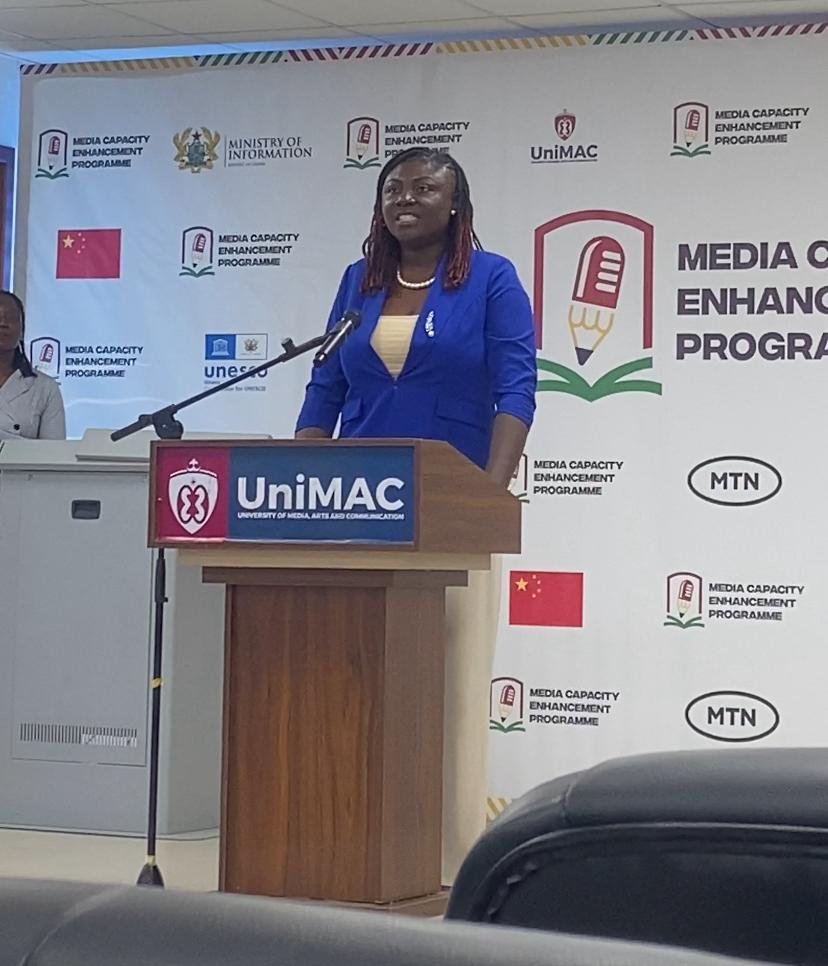
Two new Global Reports by the United Nations Educational, Scientific and Cultural Organization (UNESCO) --World Trends in Freedom of Expression and Media Development: 2017/2018 Global Report and Re|Shaping Cultural Policies have been launched in Accra.
The two Global Reports were outdoored as part of activities marking this year's World Press Freedom Day in Ghana.
At its 36th session of the General Conference in September 2011, UNESCO was mandated by Member States to explore the impact of change on press freedom and the safety of journalists.
Covering the period 2012 to 2017, the study, examines transformations in journalism and changes for different types of users and producers of information facilitated by new information and communication technologies, while demonstrating, at the same time, the continued relevance of the vision of press freedom put forward in the Windhoek Declaration in 1991.
The growing centrality of the internet in communications and the accompanying role and influence of powerful internet platforms operating across borders, have drawn the attention of the courts and governments seeking to regulate these intermediaries with risks to online expression.
Apart from mapping out emerging global trends, the report also makes an unequivocal call to action to counter new and persistent challenges and threats to journalistic source protection and to public confidence in privacy--increasing incursions into privacy and an expansion of mass and arbitrary surveillance-- which the UN recognizes as an enabler of freedom of expression.
This new edition of World Trends in Freedom of Expression and Media Development: 2017/2018 Global Report, therefore, reflects the structure and analyses the fundamental components of press freedom--including an examination of trends in media freedom, pluralism, independence and the safety of journalists.
On the other hand, the Global Report--Re|Shaping Cultural Policies series has been designed to monitor the implementation of the UNESCO Convention on the Protection and Promotion of the Diversity of Cultural Expressions (2005) and provides evidence of how this implementation process contributes to attaining the United Nations 2030 Sustainable Development Goals (SDGs) 8, 16 and 17, and targets.
The roadmap for the implementation of Convention 2005 requires the co-operation of governments and non-governmental actors in four key areas, namely strengthening governance for culture, improving the conditions for the mobility of artists, integrating culture in sustainable development strategies and promoting human rights and fundamental freedoms--all of which are linked to the 2030 Agenda for Sustainable Development.
The 2018 Global Report--Re|Shaping Cultural Policies, therefore, analyses progress achieved in implementing the 2005 Convention since the first Global Report was published in 2015.
The Report series produce new and valuable evidence to inform cultural policy making and advance creativity for development. The Report also indicates that measures to support economic and social rights of artists are increasingly emerging in national legislations across Africa-- Senegal being among those countries embarking to prepare new measures on the status of the artist.
The Report concludes that if, in the coming years, Parties are able to meet the requirements set out in the Global Report, at least, in ample measure, if not wholly, then, a process is bound to emerge that will fulfil the long-term promise of the 2005 Convention, which is to 'reshape' cultural policy making across the globe.
According to Audray Azoulay, Director-General of UNESCO, in a foreword to the Report, the Report demonstrates that innovative and cultural policies implemented at regional and local levels have a positive impact on the whole of cultural governance.
Mr Azoulay urged Member States to take ownership of the results of the Report and to invest in the potential of cultural activities and the creative industries as engines of economic development, social cohesion and human dignity.
Read Full Story


















Facebook
Twitter
Pinterest
Instagram
Google+
YouTube
LinkedIn
RSS